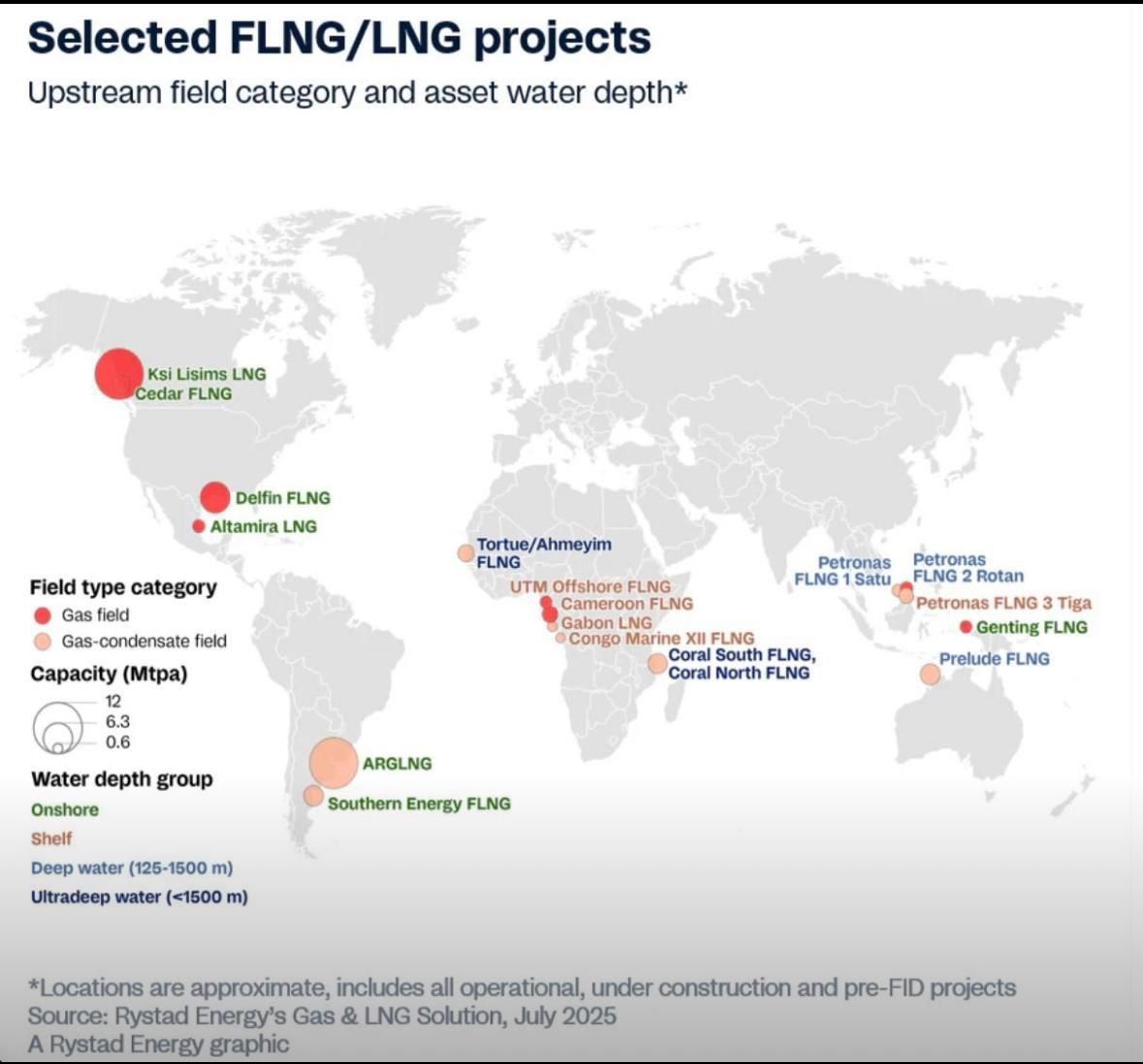Business
FLNG Boom: Floating LNG Capacity Set to Triple by 2030

Floating LNG terminals (FLNG) are gaining momentum in the global LNG market, and according to research by Rystad Energy, their capacity is expected to triple by 2030. Analysts note that FLNG units can be delivered much faster than onshore liquefaction plants, enabling more flexible project execution.
On average, new FLNG projects are completed in around three years, compared to roughly 4.5 years (adjusted for capacity) for existing onshore facilities. For FLNG vessels currently under construction, the average forecasted build time is even shorter — just 2.85 years.
This acceleration is a key factor behind FLNG’s growing appeal, as developers seek to minimise risks and speed up returns on investment. Additionally, in the event of a project shutdown, an FLNG vessel can be relocated or sold, showcasing the mobility and adaptability of FLNG assets.
-

 News24 hours ago
News24 hours agoRigging: INEC RECs risk two-year jail term
-

 Sports24 hours ago
Sports24 hours agoEPL: Arsenal Restore Five-Point Lead After Win In North London Derby
-

 Politics16 hours ago
Politics16 hours ago2027: Real-time results transmission achievable, say telcos
-

 News24 hours ago
News24 hours ago2025 Budget: Capital Without Cash
-

 Politics24 hours ago
Politics24 hours agoFCT Poll: Low turnout shows democracy is being suffocated – Atiku
-

 Politics23 hours ago
Politics23 hours agoBy-Election Wins, Referendum On Tinubu Presidency – Lagos APC
-

 News23 hours ago
News23 hours agoUmahi denies rift with Julius Berger, insists on equal standards
-

 Metro24 hours ago
Metro24 hours agoAwujale: Ruling family demands gov resume selection process

















